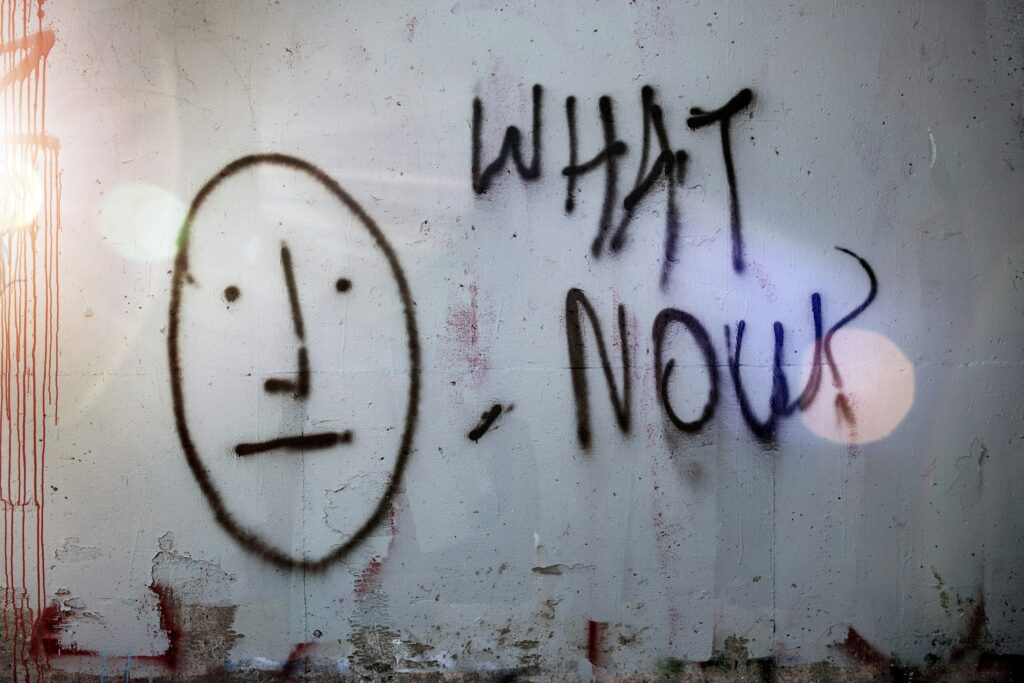
In the fast-paced world of emergency response, or even accounting for that matter, every decision counts. Recently, I had the privilege of diving into the intricate dynamics of a 911 agency, where tensions simmered between dispatchers and supervisors — a scenario ripe for transformation through the profound impact of asking better questions. (I’ve had a similar experience with an accounting firm as well.)
In one instance of challenging dynamics, 911 dispatchers voiced frustration, feeling stifled by micromanagement and a perceived lack of trust from their supervisors — and, interestingly, supervisors themselves admitted to facing similar challenges within their own ranks. In another instance, an accounting client found themselves about six months into a new operational model that wasn’t quite hitting the mark.
In both instances, it intrigued me how easy it is to focus on the symptom rather than the illness. We tend to ask “what hurts” or “who’s causing my pain” rather than allowing the discomfort to prompt a deeper reflection on the root causes and cultural challenges — instead of on specific people.
Tensions or shortcomings or problems of any sort allow for the transformative potential of questioning assumptions and reframing perspectives. Far too often, we fail to challenge our perspective and assumptions, but those — to us — make foundational sense.
I’m sure I’ve said it before, and I’ll say it again: coaching is found in the power of the question. “Ask a better question to get a better answer.” When something is broken, that’s the first thing you need to do — ask a better question. Why? Because you want to ensure you are solving the real problem rather than just temporarily relieving a symptom.
And this philosophy isn’t just about solving immediate problems; it’s about delving deeper to uncover underlying truths and catalyze meaningful change.
One pivotal question emerged from my discussions with this particular 911 agency: if dispatchers feel unsupported by supervisors, and supervisors themselves experience a parallel lack of support, could something bigger be at play? Could this, perhaps, be the sign of a systemic issue transcending individual attitudes?
What if it’s not a specific person’s fault? Somewhere, I read that that culture isn’t just what you say it is, it’s also what you allow to happen. What has your culture allowed to happen, either through a complete lack of awareness of what’s going on, or through avoidance rooted in the fear and/or discomfort of having to address it?
This shift in perspective redirected our focus from surface-level conflicts to the broader realms of organizational culture and leadership dynamics. And it totally changed the temperature in the room.
Reflecting on the iconic movie Remember the Titans, there’s a poignant scene where Gary and Julius discuss the essence of leadership. Julius succinctly states, “Attitude reflects leadership, Captain.”
This resonates profoundly within organizational contexts: if supervisors encounter similar issues within their own teams, it suggests the need for deeper reflection on the systemic culture — what we have collectively “allowed” leadership to be — not just a few individual attitude adjustments.
True leadership extends beyond directives; it molds the organizational culture and shapes the experiences of every individual within it. Remember, it’s called leadership, not leader-captain. Leadership carries all of us, even as the individuals in charge change over time.
When trust and communication falter, I can usually point to systemic challenges as the culprit. These require thoughtful, non-judgemental, blameless inquiry and introspection. There are no shortcuts, but it’s worthwhile work if you want to actually effect change.
And that’s exactly what I communicated to these clients I am working with.
Our approach to tackling challenges centered on cultivating a culture of mutual respect, transparent communication, and trust. This proactive stance recognizes that effective leadership isn’t just about issuing commands — it’s about fostering an environment where every team member feels valued and empowered to contribute their best, and in doing so, contribute to the solution.
My journey with these challenges underscores a powerful lesson virtually every organization can learn from: by asking better questions, we unearth deeper insights, challenge entrenched assumptions, and forge pathways to sustainable solutions. This principle resonates not only in emergency response but across all realms of leadership and organizational development.
In essence, when faced with complexity and conflict, let’s not settle for the low-hanging fruit of blame. Instead, let’s ask the questions that lead us to profound understanding and transformative change. It’s through this deliberate process that we can turn challenges into opportunities for growth, collaboration, and lasting impact.
Photo by Tim Mossholder on Unsplash
